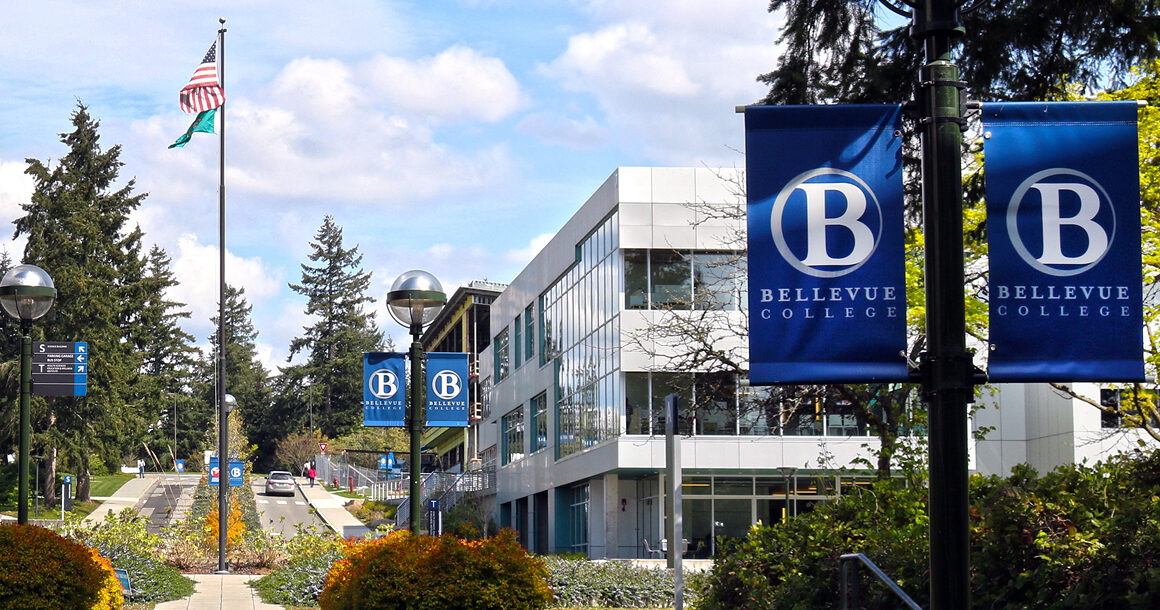Social Media Guidelines
The rapid growth of social media combined with their ease of use and pervasiveness make them attractive channels of communication. However, these tools also hold the possibility of a host of unintended consequences. To help you identify and avoid potential issues, we have compiled these guidelines.

Introduction
They are examples of best practices from various institutions and are intended to help you understand, from a wide range of perspectives, the implications of participating in social media.
BC maintains profiles on the following platforms:
Policy
Participation may be part of an employee’s job. BC may ask that employees maintain work-related, supervisor-approved social media accounts or blogs, which can be managed and updated during work hours.
Employees must be transparent in their activities, using their real names rather than writing anonymously or under pseudonyms, and must disclose or explain their roles at the college.
Official groups or pages must be supervisor-approved. Groups and fan pages on social media sites are easy to create and promote, sometimes making it difficult for users to identify “official” pages. However, these pages require input and maintenance to be effective.
If an employee feels there’s a need and value to generating an official group or page for BC, the employee must gain approval from his or her area’s dean or vice president before allocating time or resources to this endeavor. The employee is expected to maintain a professional attitude when representing BC. The employee must maintain records of account/site usernames and passwords to facilitate transition of account management to another employee when necessary.
Public records and records retention: Social media prepared, owned, used, or retained by BC may be subject to the Public Records Act and will be retained in accordance with the applicable retention policy (RCW 42.56).
Things to Consider When Beginning to Use Social Media
Applications that allow you to interact with others online (e.g., Facebook, Instagram, Twitter) require you to carefully consider the implications of friending, linking, following, or accepting such a request from another person. For example, there is the potential for misinterpretation of the relationship or the potential of sharing protected information. Relationships such as faculty-student, supervisor-subordinate, and staff-student merit close consideration of the implications and the nature of the social interaction.





